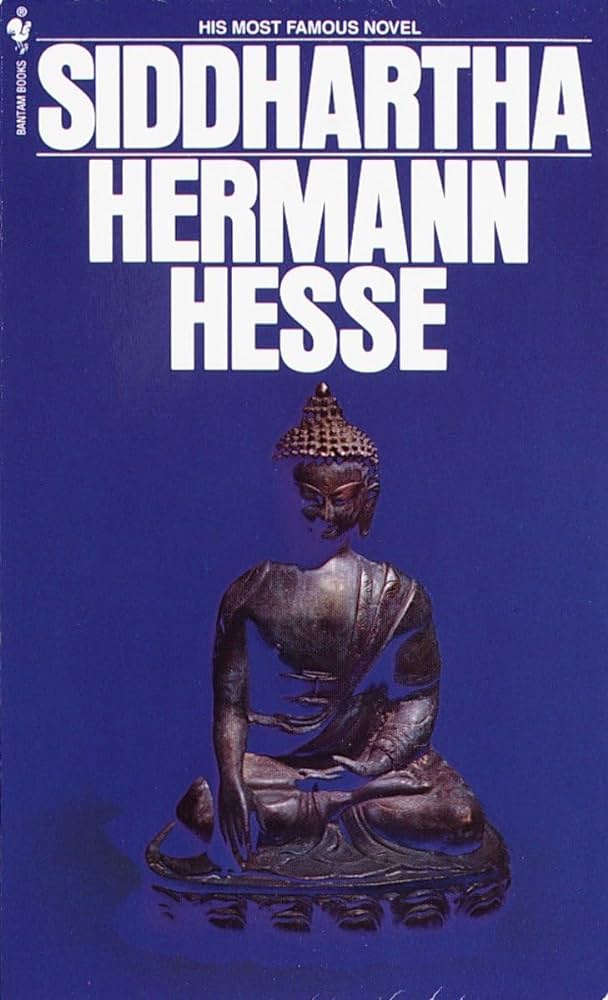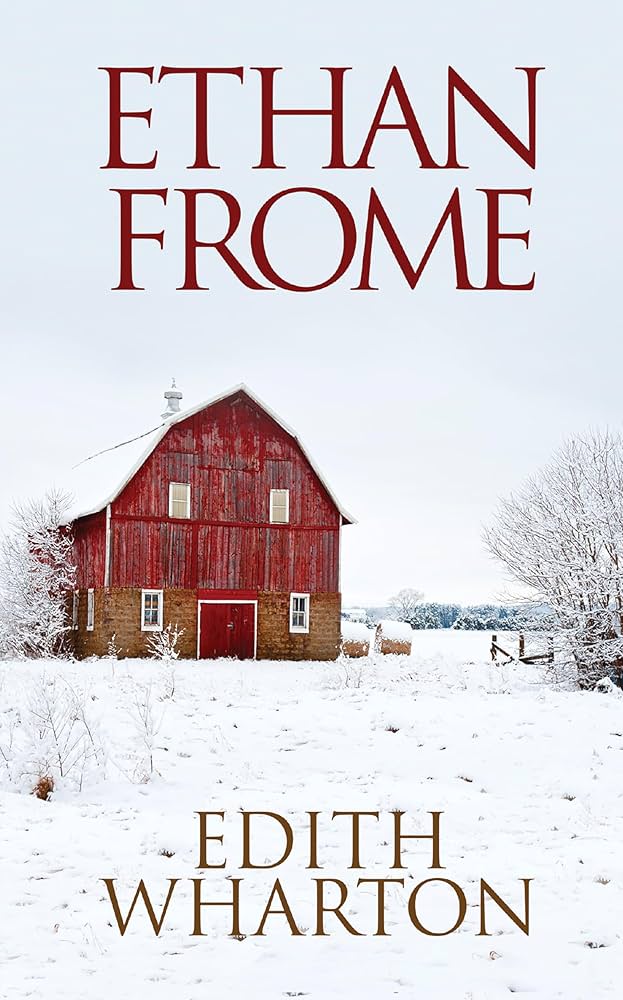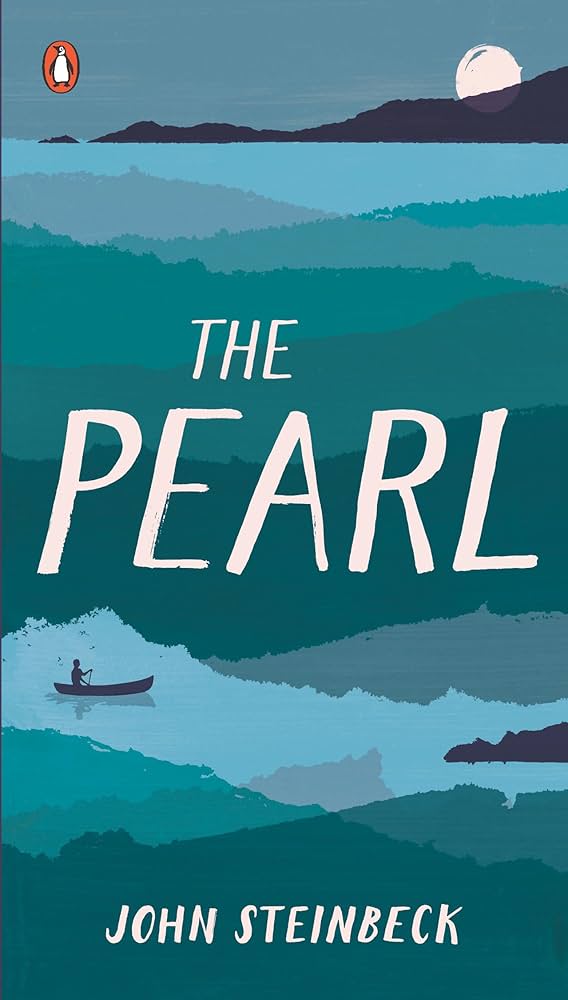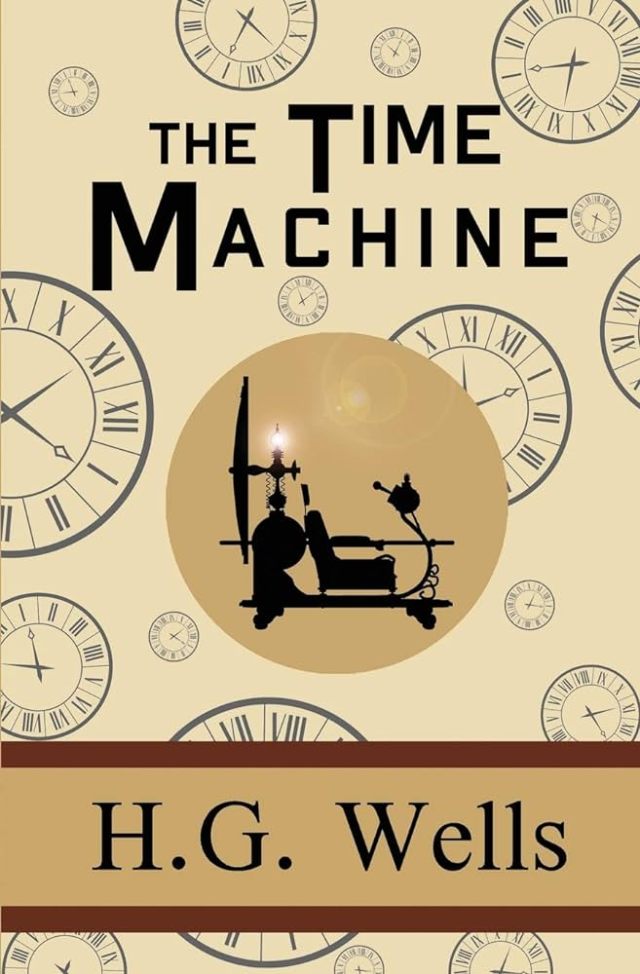25 Awesome Books Under 200 Pages For A Quick Read

Disclaimer
This post may contain affiliate links. I will make a small commission if you make a purchase through one of these links, at no extra cost to you. See full disclosure and disclaimer policy HERE.
Are you one of those people who loves reading but feels short on time? Or maybe you’re just looking for a quick read to dive into over the weekend? Sometimes, all we need is a short, powerful story that doesn’t take ages to finish. And guess what? There are tons of great books out there under 200 pages that pack a punch! Whether you want to get lost in a captivating story or gain new insights without committing to a tome, this list has you covered. Let’s dive in and explore 25 must-reads that you can finish in a single sitting (or close to it)!
Table of Contents
- 25 Awesome Books Under 200 Pages
- 1. Animal Farm by George Orwell
- 2. The Metamorphosis by Franz Kafka
- 3. Of Mice and Men by John Steinbeck
- 4. Siddhartha by Hermann Hesse
- 5. The Old Man and the Sea by Ernest Hemingway
- 6. The Stranger by Albert Camus
- 7. Breakfast at Tiffany's by Truman Capote
- 8. The Great Gatsby by F. Scott Fitzgerald
- 9. Fahrenheit 451 by Ray Bradbury
- 10. The Little Prince by Antoine de Saint-Exupéry
- 11. We Have Always Lived in the Castle by Shirley Jackson
- 12. Bartleby, the Scrivener by Herman Melville
- 13. Ethan Frome by Edith Wharton
- 14. The Pearl by John Steinbeck
- 15. Parnassus on Wheels by Christopher Morley
- 16. A Room of One’s Own by Virginia Woolf
- 17. The Death of Ivan Ilyich by Leo Tolstoy
- 18. The Yellow Wallpaper by Charlotte Perkins Gilman
- 19. Aura by Carlos Fuentes
- 20. Night by Elie Wiesel
- 21. Hiroshima by John Hersey
- 22. The Fall by Albert Camus
- 23. The Time Machine by H.G. Wells
- 24. Anthem by Ayn Rand
- 25. So Long a Letter by Mariama Bâ
- Conclusion
- FAQs
So, what is it about short books? They’re proof that sometimes, less really is more. These compact stories may take up little space on your shelf, but they often leave a lasting impact on your heart and mind.
Short books get straight to the point. There’s little room for filler or fluff; every sentence matters. The brevity forces the author to hone in on the story’s essence, cutting out anything unnecessary. This can result in writing that’s sharp, precise, and powerful, often packing more emotion or insight into a few pages than some novels manage in hundreds.
Whether you’re looking to dive into a new genre, discover a classic, or just enjoy a quick yet meaningful read, short books offer a world of possibilities without demanding too much of your time.
Here’s a list of 25 amazing books under 200 pages, covering various genres and themes that are perfect for a quick yet fulfilling read. Let’s jump in!
25 Awesome Books Under 200 Pages
1. Animal Farm by George Orwell
Pages: 112
This timeless political allegory takes place on a farm where animals revolt against their human owner, hoping to create an equal society. As the animals establish their own rules, we see how power corrupts and leaders manipulate.
Orwell’s novella is a critique of authoritarian regimes and is filled with memorable characters, each representing a significant aspect of society. It’s short but packs a punch with its commentary on freedom, equality, and corruption.
RELATED:
Why You Should Read George Orwell: His Best Novels
2. The Metamorphosis by Franz Kafka
Pages: 100
In this surreal story, Gregor Samsa, a travelling salesman, wakes up one morning to find himself transformed into a giant insect. As he grapples with his new reality, his family’s reaction reveals deeper tensions and strains in their relationship.
Kafka’s work delves into themes of alienation, family dynamics, and identity in a way that’s both disturbing and thought-provoking. This novella offers a haunting exploration of human existence through a bizarre and unforgettable lens.
RELATED:
Review: The Weirdness of The Metamorphosis by Franz Kafka
3. Of Mice and Men by John Steinbeck
Pages: 107
Set against the backdrop of the Great Depression, this novella follows George and Lennie, two displaced ranch workers who dream of a better life. Lennie’s innocence and physical strength lead to unintentional troubles, while George’s devotion to his friend is tested repeatedly. Steinbeck’s story examines friendship, dreams, and the hardships of life during an economically challenging time. It’s a short but emotional tale that resonates deeply with readers.
4. Siddhartha by Hermann Hesse
Pages: 152
Hesse’s philosophical novel follows Siddhartha, a young man in ancient India, as he embarks on a journey to discover spiritual enlightenment. Through various stages in his life—ascetic, wealthy merchant, and lover—Siddhartha learns that true wisdom can’t be taught but must be experienced. This book explores themes of self-discovery, inner peace, and the interconnectedness of life. It’s a beautiful and calming read for anyone seeking a little soul-searching.
5. The Old Man and the Sea by Ernest Hemingway
Pages: 127
Hemingway tells the story of Santiago, an ageing fisherman who faces his biggest battle yet—a struggle with a giant marlin out at sea. Despite the challenges he faces, Santiago’s strength, perseverance, and respect for nature shine through. The novella captures the essence of human resilience and is written in Hemingway’s iconic, minimalist style. It’s a quiet, contemplative story about courage, pride, and the human spirit.
RELATED:
Why You Should Read Ernest Hemingway: His Best Novels
6. The Stranger by Albert Camus
Pages: 123
Camus introduces us to Meursault, a man who is emotionally detached from the world around him. When he unexpectedly commits a crime, his lack of remorse and existential indifference lead to his condemnation. This novel explores the absurdity of life and the search for meaning in an indifferent universe. It’s a powerful read that delves into themes of isolation, society, and the nature of reality.
RELATED:
Review: All The Philosophy In The Stranger by Albert Camus
7. Breakfast at Tiffany’s by Truman Capote
Pages: 160
Meet Holly Golightly, a young woman who charms New York City’s elite with her quirky personality and free spirit. The story follows her journey as she navigates life, love, and the pursuit of happiness. Capote’s writing captures the glamour and loneliness of city life with style and wit. It’s a bittersweet and unforgettable portrayal of an unforgettable character.
RELATED:
Why You Should Read Truman Capote: His Best Novels
8. The Great Gatsby by F. Scott Fitzgerald
Pages: 180
Jay Gatsby, a wealthy but mysterious man, is famous for his lavish parties, yet he remains haunted by an unrequited love. Through the eyes of his neighbour Nick Carraway, we witness Gatsby’s tragic obsession with Daisy Buchanan and the emptiness of the American Dream. Fitzgerald’s prose is rich with symbolism, offering a critique of society’s obsession with wealth and status. This novel is both a tragic romance and a snapshot of the Roaring Twenties.
RELATED:
Review: The Great Gatsby by F. Scott Fitzgerald
9. Fahrenheit 451 by Ray Bradbury
Pages: 158
In a dystopian future, firemen are tasked with burning books to maintain control over public knowledge and free thought. Guy Montag, one such fireman, begins to question his role and the society he serves after meeting a curious young woman. Bradbury’s story tackles themes of censorship, conformity, and the importance of knowledge. It’s a gripping read that feels as relevant today as when it was first published.
RELATED:
Review: The Relevant Fahrenheit 451 by Ray Bradbury
10. The Little Prince by Antoine de Saint-Exupéry
Pages: 96
This enchanting tale of a young prince who travels from planet to planet offers profound life lessons disguised as a children’s story. Through encounters with various characters, he learns about love, loss, and the nature of human connections. Saint-Exupéry’s poetic language and charming illustrations make this story universally beloved. It’s a heart-warming and philosophical read that will resonate with readers of all ages.
11. We Have Always Lived in the Castle by Shirley Jackson
Pages: 146
Merricat Blackwood lives with her sister Constance and their Uncle Julian, isolated from the town after a family tragedy. Jackson’s atmospheric writing brings the reader into this eerie, unsettling household where dark secrets simmer beneath the surface. As tensions with the townspeople grow, Merricat’s world begins to unravel. It’s a brilliantly creepy and suspenseful novella that explores themes of family loyalty and societal judgement.
RELATED:
Why You Should Read Shirley Jackson: Her Best Novels
12. Bartleby, the Scrivener by Herman Melville
Pages: 64
Bartleby is a law copyist whose simple response, “I would prefer not to,” becomes a statement of passive resistance against the demands of modern life. Melville’s story is humorous, yet deeply philosophical, exploring themes of alienation and the human condition. The character of Bartleby is enigmatic and unforgettable, leaving readers pondering long after they finish. This novella is a brilliant take on individuality and the quiet rebellion against conformity.
13. Ethan Frome by Edith Wharton
Pages: 99
In a bleak New England winter, Ethan Frome finds himself trapped in a loveless marriage and drawn to his wife’s cousin, Mattie. The story of his internal struggles and moral dilemmas paints a haunting portrait of desire, duty, and regret. Wharton’s rich descriptions of the frozen landscape mirror Ethan’s own entrapment and despair. This novella is a powerful study of human emotions in the face of harsh realities.
14. The Pearl by John Steinbeck
Pages: 90
When a poor diver named Kino discovers an enormous pearl, he dreams of a better life for his family. However, the pearl brings nothing but greed, envy, and tragedy into his life. Steinbeck’s story serves as a moral lesson on the dangers of wealth and the corrupting influence of material desires. It’s a powerful tale about the consequences of ambition and the destruction of innocence.
15. Parnassus on Wheels by Christopher Morley
Pages: 144
A spirited tale about Helen McGill, a woman who buys a travelling bookstore to escape her dull life. Her adventure on the road selling books introduces her to new people and experiences, transforming her view of the world. Morley’s story is both humorous and inspiring, celebrating the joy of literature and the freedom it brings. It’s a delightful and heart-warming read for anyone who loves books.
16. A Room of One’s Own by Virginia Woolf
Pages: 114
Virginia Woolf’s essay is a ground-breaking exploration of women’s role in literature and society. In her eloquent and persuasive prose, Woolf argues for the importance of financial independence and creative space for women. Using vivid examples from literature, she highlights how society has stifled female voices for centuries. This work is essential reading for anyone interested in feminism, creativity, and social justice.
RELATED:
Why You Should Read Virginia Woolf: Her Best Novels
17. The Death of Ivan Ilyich by Leo Tolstoy
Pages: 86
Tolstoy’s novella presents the story of Ivan Ilyich, a successful bureaucrat who, upon facing a terminal illness, begins to reflect on the meaning of his life. As Ivan confronts his mortality, he is forced to reckon with the shallow, materialistic values he once held dear. This novella is a profound meditation on life, death, and what truly matters. Tolstoy’s exploration of existential questions makes it an enduring philosophical masterpiece.
RELATED:
Why You Should Read Leo Tolstoy: His Best Novels
18. The Yellow Wallpaper by Charlotte Perkins Gilman
Pages: 64
This chilling novella follows a woman suffering from postpartum depression who is prescribed “rest therapy” by her husband. Confined to a room with yellow wallpaper, her mental health deteriorates as she becomes obsessed with the patterns on the walls. Gilman’s story is a powerful critique of the medical treatment of women in the 19th century, highlighting issues of control, freedom, and mental health. It’s both haunting and essential reading in feminist literature.
19. Aura by Carlos Fuentes
Pages: 134
Fuentes’ novella follows Felipe, a young historian who takes a strange job helping an elderly woman organise her late husband’s papers. As he works in her dark, eerie home, he encounters Aura, the woman’s beautiful niece, and becomes ensnared in a supernatural romance. The mysterious and dream-like atmosphere of the story blurs the lines between fantasy and reality. It’s an unforgettable and haunting tale that explores obsession, memory, and the passage of time.
20. Night by Elie Wiesel
Pages: 120
In this autobiographical memoir, Elie Wiesel recounts his harrowing experiences in Nazi concentration camps during the Holocaust. His writing captures the unimaginable horrors he faced, yet it is also a testament to the resilience of the human spirit. This deeply moving account forces readers to confront the darkest depths of human cruelty. “Night” is both a heart-breaking and essential reminder of history’s lessons.
21. Hiroshima by John Hersey
Pages: 160
Hersey’s journalistic masterpiece tells the stories of six survivors of the atomic bombing of Hiroshima. Through his straightforward yet compassionate writing, Hersey brings to life the immense devastation and the resilience of the survivors. This powerful work serves as both a historical document and a meditation on the horrors of war. It’s a sobering and important read for understanding the human impact of one of history’s most catastrophic events.
22. The Fall by Albert Camus
Pages: 147
Camus’ novella, written as a monologue, tells the story of Jean-Baptiste Clamence, a former Parisian lawyer who reflects on his life and confesses his moral failings. As he unravels his own hypocrisies, he explores themes of guilt, redemption, and the complexity of human nature. This philosophical work delves into existentialism and self-reflection, challenging readers to confront their own actions and beliefs. It’s dark, thought-provoking, and quintessentially Camus.
RELATED:
Why You Should Read Albert Camus: His Best Novels
23. The Time Machine by H.G. Wells
Pages: 118
In one of the earliest works of science fiction, a Victorian scientist invents a time machine and journeys far into the future. He encounters the Eloi and Morlocks, two distinct races that represent different aspects of human evolution and social class. Wells’ novella is both an adventure and a social critique, offering insights into the potential consequences of unchecked progress. It’s a fascinating and imaginative read for fans of speculative fiction.
RELATED:
Why You Should Read H.G. Wells: His Best Novels
24. Anthem by Ayn Rand
Pages: 105
Set in a dystopian future where individualism is outlawed, Rand’s novella follows Equality 7-2521, a young man who begins to question the collective society he lives in. Through his journey, he discovers the importance of personal freedom and self-expression. “Anthem” introduces the philosophical foundation of Rand’s Objectivism, presenting a powerful statement on the importance of individuality. It’s a short yet impactful story about rebellion and self-discovery.
RELATED:
Why You Should Read Ayn Rand: Her Best Novels
25. So Long a Letter by Mariama Bâ
Pages: 96
Written in the form of a letter, this Senegalese novel explores the lives of two women dealing with love, friendship, and societal expectations. Through the lens of her own life, the narrator reflects on gender roles, polygamy, and the complexities of cultural identity. Bâ’s writing is intimate, and her characters are beautifully complex. This book offers a moving look at the experiences of women in African society and is an essential read for those interested in global perspectives.
Conclusion
There you have it—25 fantastic books under 200 pages, each offering a unique experience! From heart-wrenching dramas and philosophical reflections to delightful adventures, these short books prove that you don’t need hundreds of pages to tell a memorable story. So, grab one of these quick reads, make yourself comfortable, and let the journey begin. Whether you finish it in one sitting or over a couple of days, these books are sure to leave a lasting impression. Happy reading!
FAQs
Did you like it? Pin this post for later!



4 thoughts on “25 Awesome Books Under 200 Pages For A Quick Read”
Leave a Reply
You must be logged in to post a comment.


































I do not even know the way I finished up here, but I thought this post used to be good. I do not understand who you might be however certainly you’re going to a well-known blogger in the event you aren’t already 😉 Cheers!
I really like your writing style, great information, thankyou for posting : D.
I too think thus, perfectly composed post! .
Wow, fantastic blog layout! How long have you been blogging for? you made blogging look easy. The overall look of your website is excellent, let alone the content!